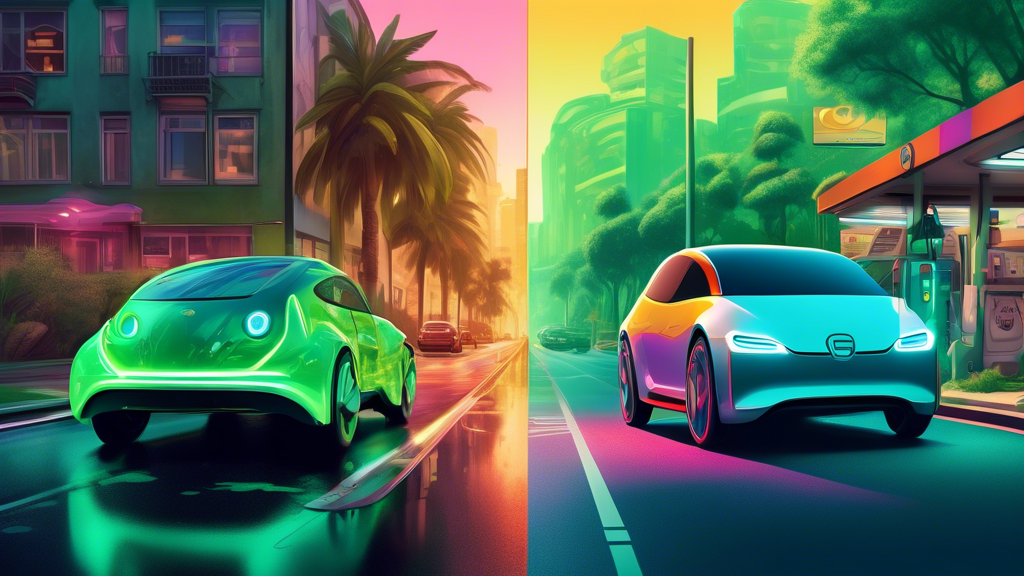
Electric vs. Petrol Cars: A Battle of Lifespans
In the epic battle between electric and petrol cars, have you ever wondered which ones last longer? It’s a common question, especially as more people consider jumping onto the electric bandwagon. Let’s compare the lifespan of electric vs. petrol cars to help you decide whether to invest in an electric future or stick with gasoline.
The Lifespan of Electric Cars
Electric cars come with the promise of innovation and sustainability, but how long do they last? Generally, the lifespan of an electric vehicle (EV) is expected to be longer than that of a petrol car. This is largely due to fewer moving parts in EVs. Fewer components mean fewer elements that could fail. Think about it: no spark plugs, oil changes, or transmission issues. Just a battery and an electric motor cruising you towards the future.
However, the heart of every electric car—the battery—poses the biggest question regarding longevity. While it’s true that EV batteries typically come with a warranty of about 8 to 10 years, they don’t last forever. Over time, the battery’s capacity to hold a charge diminishes, much like the battery in your smartphone. Yet, battery technology is improving at warp speed. Some studies suggest that today’s EV batteries may last 15-20 years before needing a replacement. Indeed, a reassurance, isn’t it?
The Lifespan of Petrol Cars
Moving over to team petrol: these cars have been the backbone of road transport for decades. The technology is well-understood, and longevity has improved significantly. A well-maintained petrol car can last 200,000 miles or more, which often translates to 15-20 years based on average annual mileage. That’s a decent innings, right?
But it’s not all smooth sailing. The complexity of petrol engines means more opportunities for things to go awry. Components like the transmission, clutch, and engine need regular maintenance and eventual replacement. And let’s not even talk about the timing belt—a snapped one of those can lead to an engine’s mid-life crisis!
Comparing Overall Costs and Sustainability
When considering lifespan, it’s also wise to factor in costs. Initially, electric cars may seem pricier than their petrol counterparts, but with lower running and maintenance costs, EVs often prove cheaper in the long run. Add to this the various governmental incentives, and your wallet might also lean towards electricity.
Sustainability, a word that swoons environmentally conscious hearts, also plays a crucial role. Electric vehicles offer zero emissions at the point of use, meaning you’re doing your part for cleaner air and a cooler planet. Even though producing electric vehicles, particularly batteries, has raised environmental concerns, ongoing advancements are gradually curtailing these impacts.
So, Which One Wins the Lifespan Battle?
If the question were simple, we wouldn’t have so much to talk about, would we? The truth is that both vehicles have their pros and cons regarding lifespan. Electric cars promise lower maintenance and a potentially longer lifespan, particularly as battery technology advances. Petrol cars offer tried-and-tested technology that can endure for decades with the proper care.
Ultimately, your choice might depend on how you balance upfront costs, maintenance, and environmental priorities. Thinking about what lasts longer is essential, but perhaps what matters more is which type of vehicle aligns with your lifestyle and values. Are you ready to decide, or at least leaning more confidently to one side now? Only time—and perhaps your next car—will tell!
